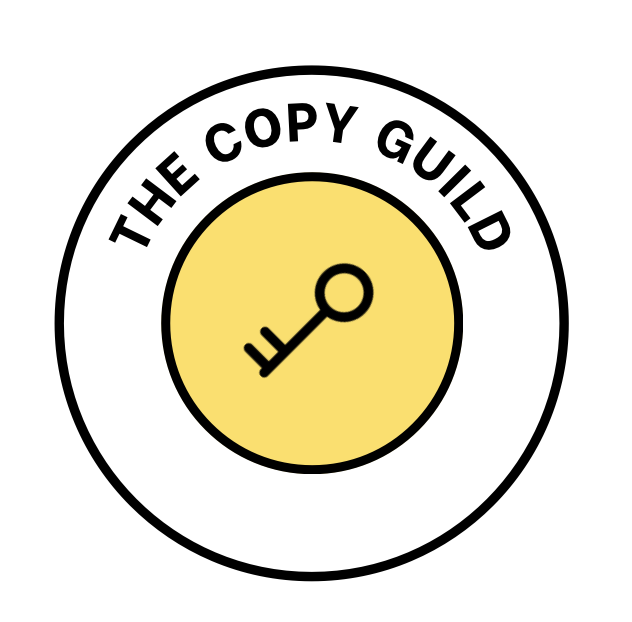How SEO and Content Marketing Work Together
SEO and content marketing, two intertwined components that have revolutionized the world of digital marketing. As the founder of an SEO content firm catering to esteemed clients across the world, I love to shed light on how SEO contributes to and works with brand awareness, website traffic, pay-per-click (PPC), and lead generation.
Before delving into the intricate relationship between SEO and content marketing, let’s first outline what these terms actually mean. SEO, or search engine optimization, is the technical processes employed to enhance the quality of website traffic and visitor engagement. Content marketing, meanwhile, focuses on utilizing valuable and first-rate content to drive profitable customer or client interaction.
Body and soul
Imagine SEO as the body and content marketing as the soul—both are intertwined in a delicate dance. SEO strategies should be intricately entwined with content marketing because every website thrives on words, articles, substance, and keywords. Success can only be achieved when these two components work harmoniously together. Google knows this, clients know this, customers know this.
Keywords
At the core of SEO lies the concept of keywords, something that has been written extensively about. Researching and identifying relevant keywords is fundamental in optimizing your content so that it ranks higher in search engine results pages (SERPs). However, it’s not an easy fix. It is crucial to utilize keywords judiciously and adopt a strategic approach so that you don’t alienate viewers and potential clients. Keyword stuffing and excessive optimization should be avoided at all costs. Why? Because Google is smart and won’t tolerate spammy or cheap approaches to content. SEO and content must coexist in a symbiotic relationship that is insightful, meaningful and well thought out.
Search engine marketing
Effective search engine marketing (SEM) heavily relies on keyword strategies. In our company, The SEO Folk, we diligently search for top websites and competitive keywords closely associated with the specific business or industry we are collaborating with. We then analyze keyword volumes and competition (high, medium, or low) using Google's Keyword Planner, a powerful keyword analysis tool. We tap into the extensive AdWords database, encompassing diverse industries such as health, technology, entertainment, and more.
Incorporating target keywords into content is vital for achieving a high ranking and driving traffic. Nonetheless, it is imperative to follow a strategy and avoid keyword stuffing. Repetition of keywords can detrimentally impact SEO. A reasonable approach entails using main keywords in the title and body sections.
Quality content is a non-negotiable aspect of both SEO and content marketing. Consistently delivering fresh, unique, and creative content leads to rapid indexing and higher rankings compared to low-value and repetitive content.
Compelling content should captivate clients and address specific areas and issues that matter to them. By utilizing relevant keywords and targeting specific visitors, we can craft influential content that reflects well on your company. This is a crucial factor that Google uses to assess the relevance of a page and determine its ranking: generating creative ideas and strategically embedding essential keywords are the keys to producing recognized content.
Technical SEO
SEO encompasses more than just blogs, articles, keywords, and linkbacks—it also entails optimizing robots.txt, enhancing metadata, and utilizing tags appropriately.
Technical optimization makes a webpage visually appealing to search engines while ensuring that the site is free of broken links and error codes (like 404s). Smart, huh. Failure to do so will result in poor rankings by search engines. Optimizing URLs and creating concise slugs (the portion of the URL that comes after the .com) aids search engines in locating relevant subpages and categorizing different sections of your site. This aspect is vital for the success of any SEO campaign.
Technical SEO elements contribute to a positive user experience and serve to promote the content.
A well-structured sitemap facilitates easy access to content for users, while an optimized robots.txt file enables efficient crawling of the site, granting viewers access to the content.
Appropriate tagging ensures exceptional indexing and authentic search results.
Header tags and title tags, for instance, assist users by organizing the content in a reader-friendly manner and enabling search engines to comprehend it easily.
A well-crafted title tag enhances the user experience as visitors can grasp the essence of the page's information before clicking on it.
Header tags (H1-H6) hold great significance in distinguishing headings and subheadings within the content, making it organized and easily navigable. Google loves an H1 header along with liberal use of H2 tags within content and blogs.
Traffic
Driving traffic is another crucial aspect of SEO, and linkbacks or inbound linking plays a pivotal role. Connecting your links with high-domain authority sites such as .edu and .org can significantly boost traffic. While link-building agencies can assist in developing links, creating expert content remains the best approach. Content that is not written by ChatGPT, as this can be penalized on Google search. Stellar content also has the power to earn valuable linkbacks and attract substantial traffic.
So there you have it, SEO and content marketing are not disparate entities; rather, they are interdependent and mutually beneficial. Isn’t that cool? Content marketing can only work well when it is supported by the best SEO strategies. So yes, SEO and content marketing create an explosive combination, propelling businesses to new heights in the digital marketing realm. Woot!


